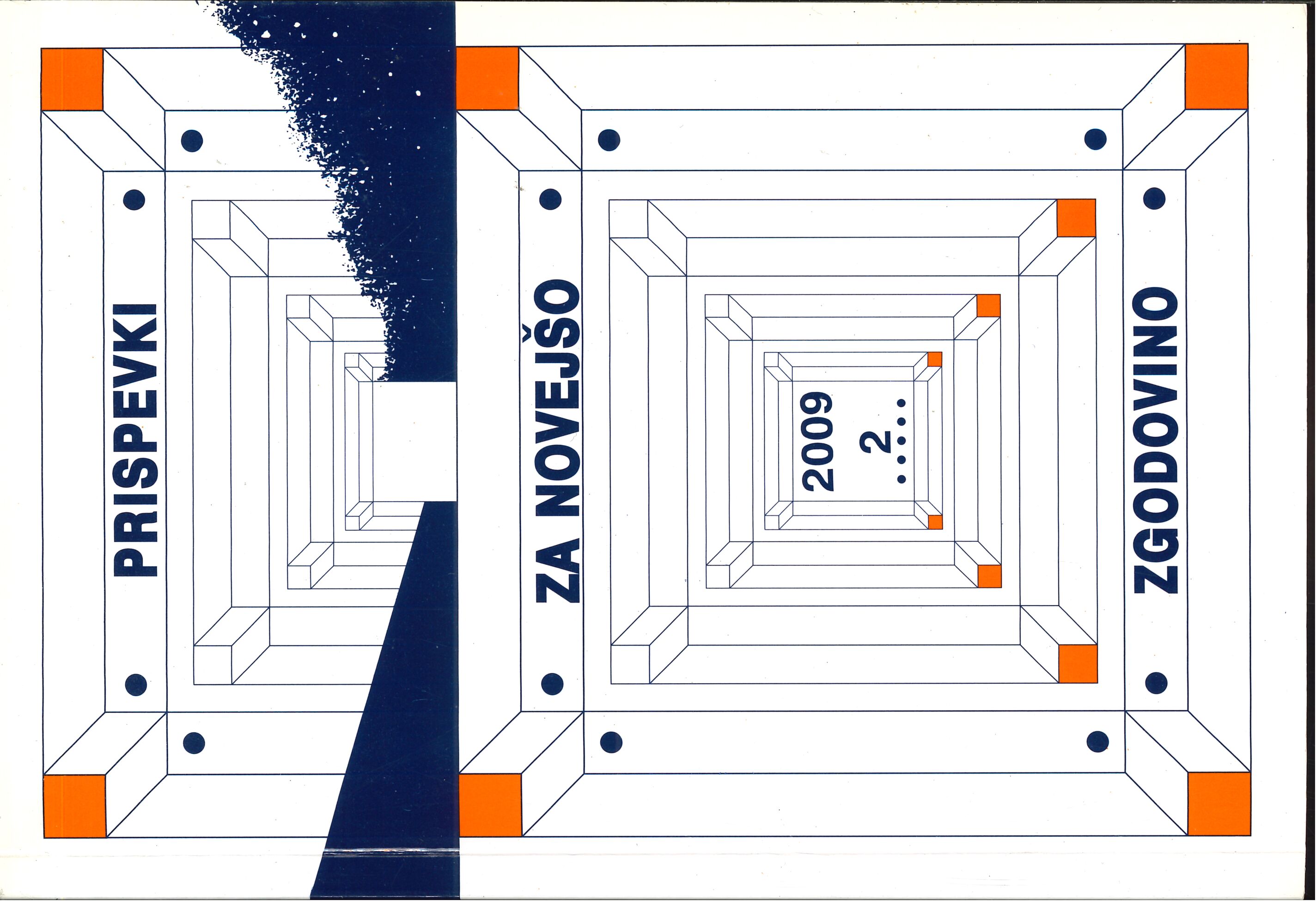Supply Organisation at the Slovenian Liberated Territories and Preparations for the Post-War Period
Keywords:
World War II, Slovenia, national liberation movement, economy, Slovenian National Liberation Council, liberated territories, life's necessities, food ration coupons, UNRRAAbstract
On the basis of archive resources and literature, the following article focuses on the normative activities of the governing bodies of the Slovenian national liberation movement during the occupation lasting from 1941 to 1945 with regard to the supply of everyday items to the population and the bodies forming with the intention of managing supply and trade. The article also demonstrates the development of these bodies and the plans with regard to the organisation and individual steps in the supply chain, from the harvesting of produce to its distribution among the people, as well as the forms and proprietorship of the trade network. The reliance on the aid of the allies is demonstrated. The article also presents the records made at the Department of Supply of the Presidency of the Slovenian People's Liberation Council with regard to the plans of action during the takeover of power. These plans supplemented the more general and long-term measures, taking into account the actual and short-term measures during and after the takeover of power as the occupiers were driven out. The article also addresses the economic delegations of the Slovenian People's Liberation Council outside the Slovenian territory - in Belgrade and Split. These delegations were formed especially due to the activities in the regions where goods were harvested and taken over for Slovenia, and where decisions were made about the division of these goods.
Downloads
Published
Issue
Section
License
Authors who publish with this journal agree to the following terms:
- Authors retain copyright and grant the journal right of first publication with the work simultaneously licensed under a Creative Commons Attribution License that allows others to share the work with an acknowledgement of the work's authorship and initial publication in this journal.
- Authors are able to enter into separate, additional contractual arrangements for the non-exclusive distribution of the journal's published version of the work (e.g., post it to an institutional repository or publish it in a book), with an acknowledgement of its initial publication in this journal.
- Authors are permitted and encouraged to post their work online (e.g., in institutional repositories or on their website) prior to and during the submission process, as it can lead to productive exchanges, as well as earlier and greater citation of published work (See The Effect of Open Access).


